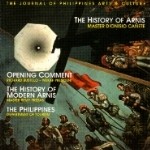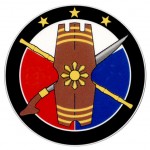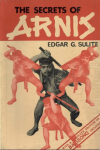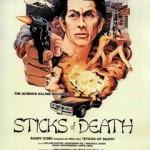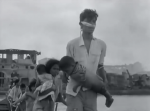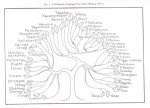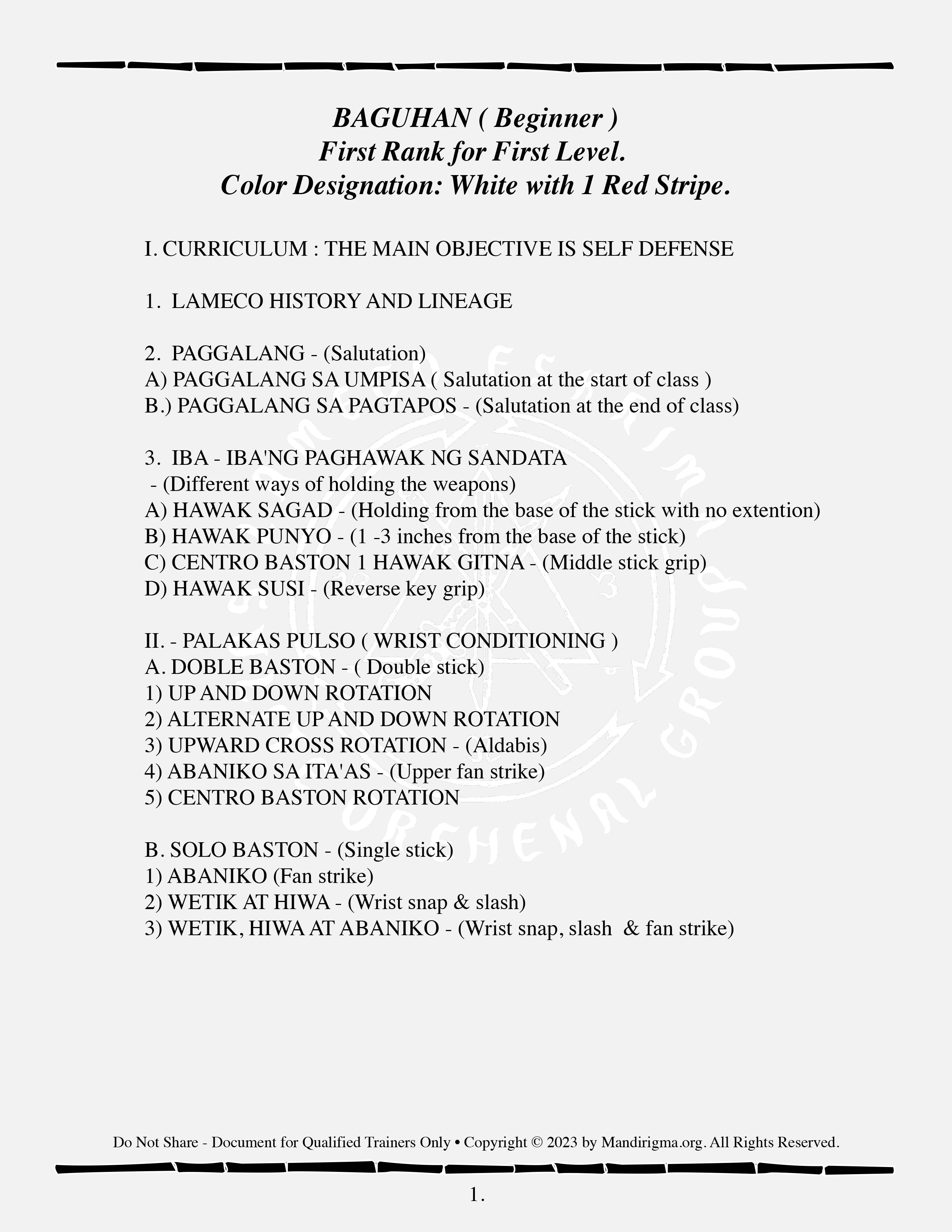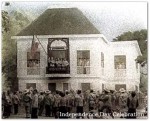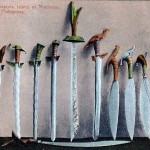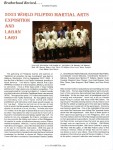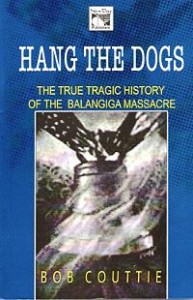
Book Review IN-DEPTH AND INFORMATIVE By Quintin L. Doroquez Original article at : http://gugma.samarnews.net/articles/article8.htm HANG THE DOGS: THE TRUE TRAGIC HISTORY OF THE BALANGIGA MASSACRE BOB COUTTIE New Day Publishers Quezon City, Philippines California Distributor: Philippine Expressions Mail Order Bookshop $24.95 (paper, 462 pages) Hang The Dogs: The True Tragic History of the Balangiga Massacre is quite an intriguing title of a serious book. If the book, or any book for that matter on related title, were set in or were about the British Isles, where the author is originally from, it may outright invite distaste on sight from animal lovers of which Britons mostly are. Hang the dogs -- that's quite a harsh “edict”, coming as it does from a third party (the author) if addressed to a particular party or group alone involved. However, Bob Couttie's edict, if we call the title of his book on the Balangiga Incident as such, is an aphorism directed to the party that did something wrong, the party that should make amend. And in the Balangiga Incident both parties -- the Americans and the Filipinos, to varying degrees -- do need to make amend. In war the two sides, combatants if you will, try to outwit or beat one another. Hence, one side tries to "hang" the other in order to prevail. Whichever side has the upper hand takes the other side as a bunch of dogs to be hung -- “massacred” -- as did (according to historical accounts) the natives of Balangiga on 28 September 1901, if that is the most possible way to achieve what one or the party involved had set out to accomplish. Even scorch and turn a big island into a howling wilderness, as did the Americans to the island of Samar, in the Philippines, in revenge after the Balangiga Incident. The Balangiga Incident took place over a century ago. Therefore, the author’s imperative is now merely a gesture to catch a prospective reader's attention on a commodity in print -- a book. But "hang", which apparently is the author's metaphor for what amounts to kill, destroy, rid, or devour a century ago in war, is all the same throughout the ages. It still is -- to varying degrees. If Bob Couttie were to write a book on the war in Iraq, one could fairly anticipate his title, Strip the Dogs Naked: The True Tragic Story Behind Misled Intelligence. Something of the sort. The facts then emerge. He will portray, with unassailable proof, as he did on Balangiga, that those stripping the dogs naked, whether in a prison or elsewhere in high places of government are themselves dogs, and more. In Hang The Dogs the author actually turns out to be the one hanging the “canines”. He exposes, with unimpeachable evidence, the cravings of the Americans and the Filipinos to devour each other -- the Americans in their lust to create an empire, the Filipinos to resist and prevent being shamed. The “awod” (a local term for shame) factor was overriding among the Filipinos in Balangiga. Bob Couttie does not fail to point this out. So much about the title. Written largely in lean prose, the book is cool. Easy to read. It is the product of a ten-year assiduous research -- possibly the most exhaustive work on the Balangiga Incident thus far, and will remain so for sometime if ever surpassed. Yet still, ironically, at some point the author hedges for want of more facts that he stipulates must be somewhere in some repositories. The book provides a reasonably adequate background of the Philippine Revolution against Spain, as it does of the history of the island of Samar itself where the town of Balangiga, the epicenter of the book, is located. Here and beyond, the author discusses the ferment that led a people to rise in rebellion. Adequately given this background, the author takes the reader quickly to the Philippine-American War. Of the Philippine Revolution against Spain, of interest is the account -- for some reason largely unknown even to many in the Philippines who claim to have good college education -- about the death of Andres Bonifacio, the founder of the secret organization Katipunan that advocated armed struggle against Spain. The author leaves little doubt that Philippine history books -- which Philippine students studied (under ill-prepared so-called professors) in some allegedly reputable schools, particularly in the decades of the ‘60s through the mid ‘80s -- had the truth swept under the rug. That is of course the period largely of the Marcosian era. And whoever may dispute Bob Couttie’s facts only exposes her/his inadequacy or ignorance. The author candidly discusses the sad event leading to the execution of the Katipunan’s “Supremo”, the title that the founder of the secret organization had chosen for himself. The next scenario becomes predictable, the emergence of Emilio Aguinaldo, Bonifacio’s rival who displayed considerable talent early in his military career, as an undisputed military and civilian leader of a people who for over … [Read more...]
